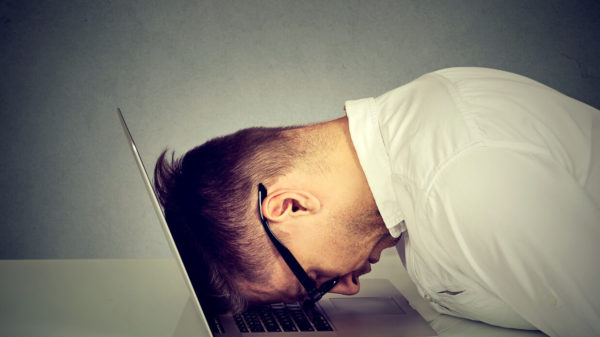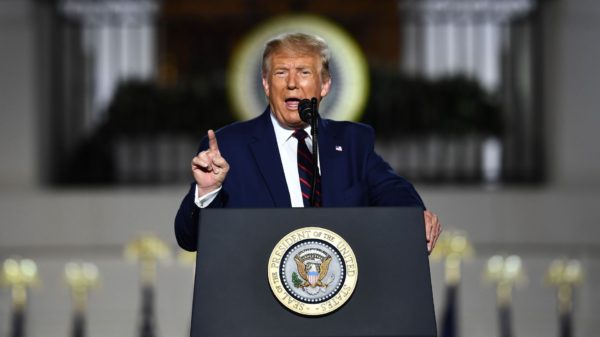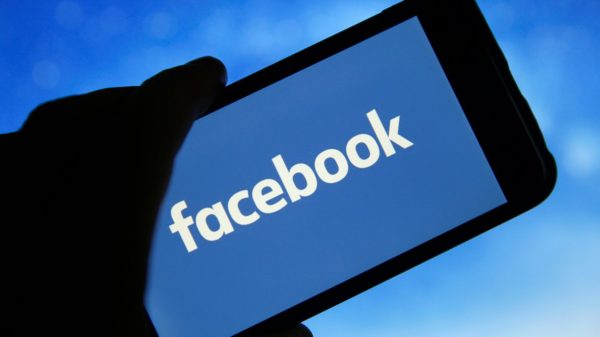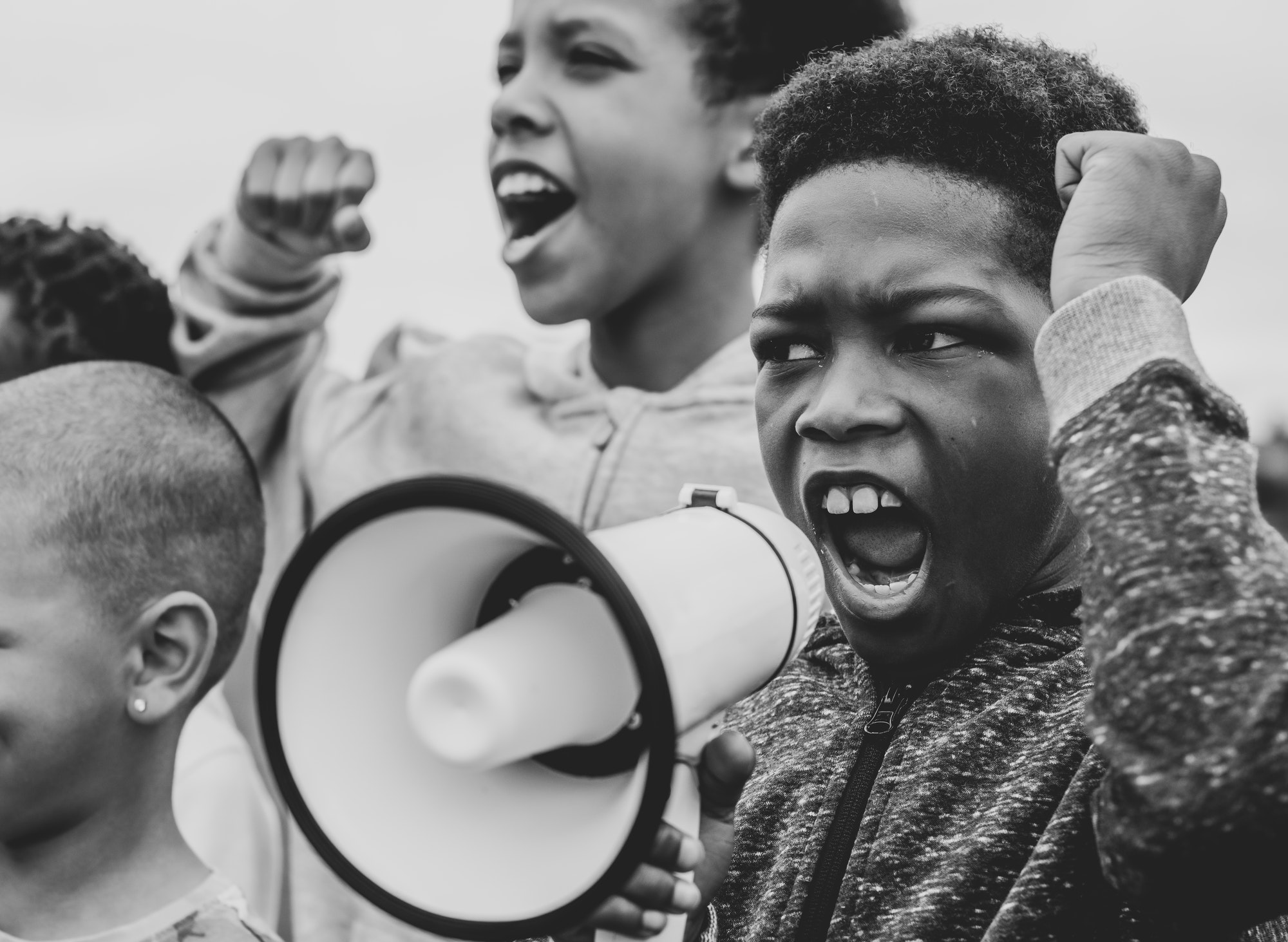On top of the ongoing COVID-19 Pandemic, social media sites and news outlets are flooded with news on the daily riots happening in different parts of the United States. The chaos began when a video surfaced online of two police officers arresting George Floyd, with one officer kneeling on the victim’s neck, effectively killing him. Protests all over the U.S began popping up in different states, calling for justice and pushing for murder charges on the arresting officers.
Despite the peaceful protests, riots have ensued in some parts of the U.S. Some amateur videos showed protesters breaking down establishment doors and windows to loot for their merchandise. The question is, how do riots really affect a country’s economy?
Putting things into perspective, any violent demonstrations right now would negatively affect a country, not just the U.S. We are all in the middle of recovering from the virus, and the chaos only sets us back to square one.
In the context of the current U.S, VOA News says that on top of the massive unemployment which was last seen in the Great Depression era, there could be a possible new wave of infections due to the close proximity of people during the protests.
The site says that predicting the long term effects of riots to an economy is difficult. They also said that comparing historical data from the 1960’s and 1970’s would be somehow difficult due to the differences in the factors revolving around the economy.
Another example of a riot resulting in economic damages is the Anti-Austerity demonstrations in Greece back in 2010. During these times, the Greek government decided to cut public spending and increase taxes as a form of austerity measures. A system which enables a government to cut budget deficits through taxes and spending cuts. Although some were peaceful protests, some turned sour when the police began exerting excessive force in repelling demonstrating citizens. Media organizations and NGO’s also pointed out the excessive use of tear gas by the military forces.
Impacts of Riots
According to Forbes there are several key industries that are heavily affected by riots: Tourism, Business & Owners, and Investors.
Obviously, business in the line of fire will be the first to experience the blow of civil unrest. Establishments might be defaced, properties may be damaged, and goods may sometimes be pilfered. Forbes says that riots could freeze the whole workforce surrounding the area, effectively reducing the productivity of people.
Civil unrest also affects the investments and tourism in the country. As Forbes puts it, no investor would want to place their money where there is uncertainty. Risk premiums are assigned in areas where riots are frequent, spelling short term prices. Civil unrest effectively makes a country an unlikely investment destination. Riots often freeze the tourism of a country. Who would want to arrive in a city in the middle of a violent riot? This is pretty much self explanatory at this point.
The bottom line is, riots cause economic damages both in the short and long term. The only way to solve and prevent further colossal impacts is for the root cause to be completely remediated by involved parties.
Opinions expressed by AsianBlurb contributors are their own.





































